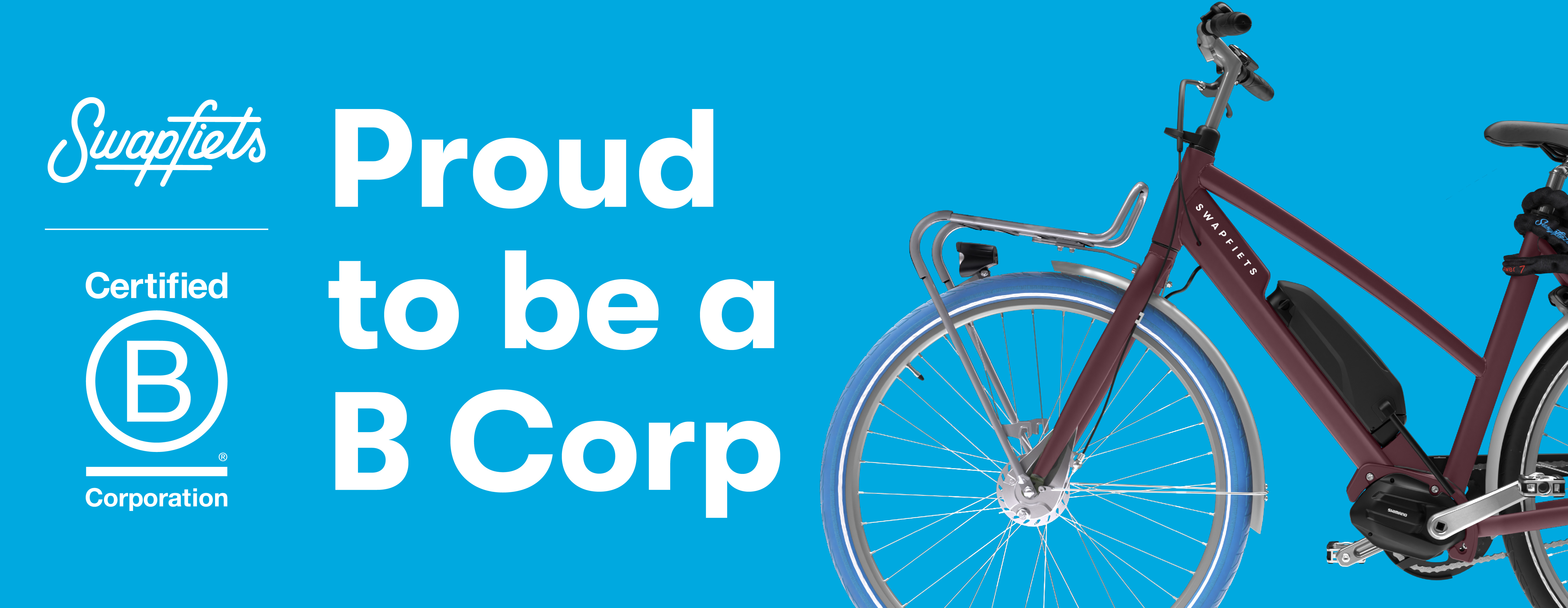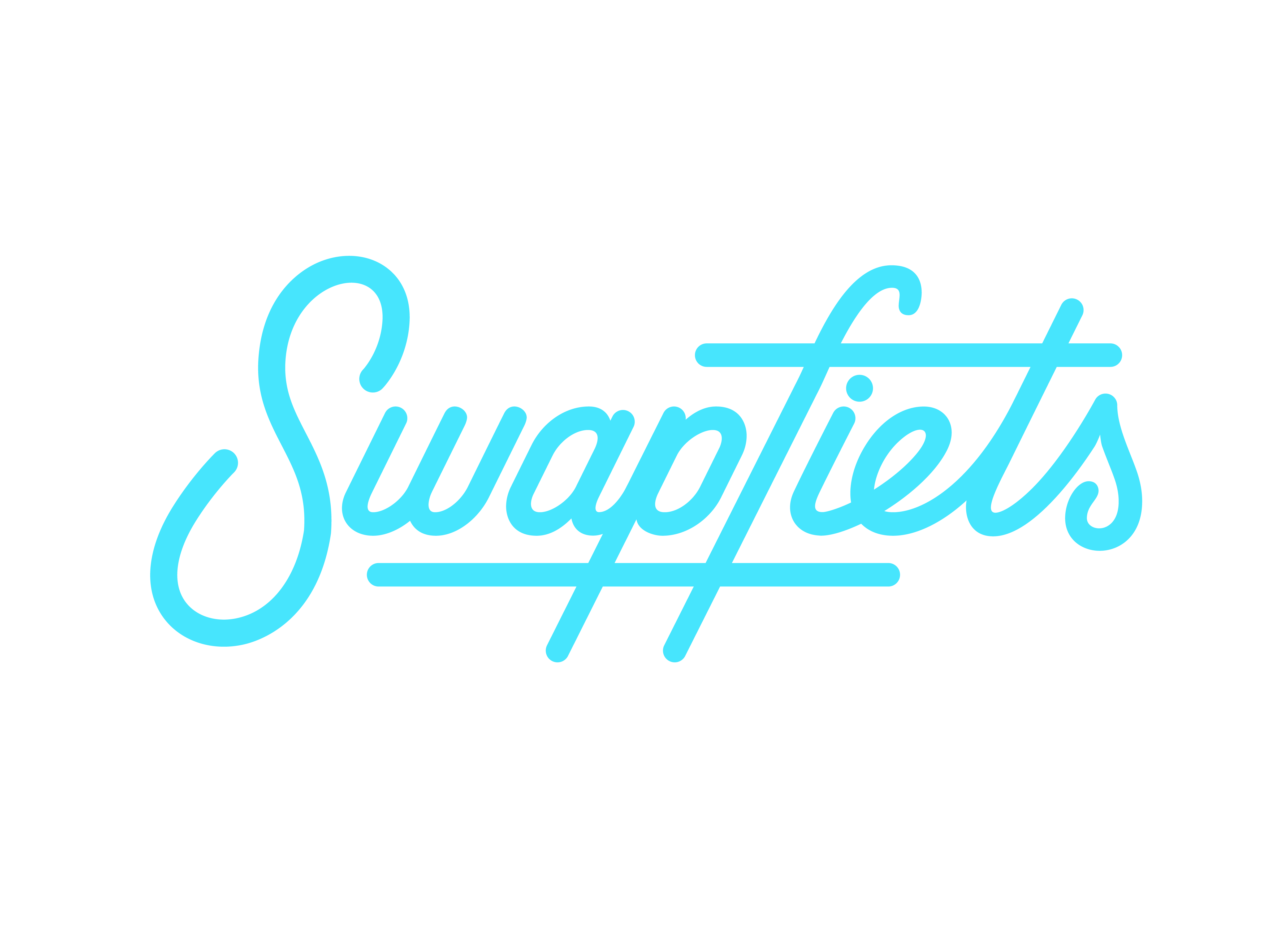

SwapThis Holding

September 2022
Rent/lease: other goods
Service with Significant Environmental Footprint
Austria,
Belgium,
Denmark,
France,
Germany,
Italy,
Netherlands The,
Spain,
United Kingdom
Swapfiets is the world's first ‘bike as a service’ company with a circular business model. Founded in 2014 in the Netherlands, the scale-up quickly grew into one of the leading micro mobility providers in Europe, with now more than 270,000 members in the Netherlands, Germany, Belgium, Denmark, France, Austria, Spain and the UK. Swapfiets aims to create more livable European cities by offering a worry-free cycling experience, 100% circular bikes and aims to be climate neutral in the short term. In October 2022, Swapfiets officially joined the B Corp community to solidify their mission. Swapfiets's concept is quite simple: for a fixed monthly fee, Swapfiets members always have a working bike. And if there are unexpected problems, the bike will be repaired within 10 minutes in the shop or replaced immediately at no extra cost. Swapfiets provides service in 45 European cities.
Overall B Impact Score
Governance 12.0
Governance evaluates a company's overall mission, engagement around its social/environmental impact, ethics, and transparency. This section also evaluates the ability of a company to protect their mission and formally consider stakeholders in decision making through their corporate structure (e.g. benefit corporation) or corporate governing documents.
What is this? A company with an Impact Business Model is intentionally designed to create a specific positive outcome for one of its stakeholders - such as workers, community, environment, or customers.
Workers 18.1
Workers evaluates a company’s contributions to its employees’ financial security, health & safety, wellness, career development, and engagement & satisfaction. In addition, this section recognizes business models designed to benefit workers, such as companies that are at least 40% owned by non-executive employees and those that have workforce development programs to support individuals with barriers to employment.
Community 15.1
Community evaluates a company’s engagement with and impact on the communities in which it operates, hires from, and sources from. Topics include diversity, equity & inclusion, economic impact, civic engagement, charitable giving, and supply chain management. In addition, this section recognizes business models that are designed to address specific community-oriented problems, such as poverty alleviation through fair trade sourcing or distribution via microenterprises, producer cooperative models, locally focused economic development, and formal charitable giving commitments.
Environment 27.1
Environment evaluates a company’s overall environmental management practices as well as its impact on the air, climate, water, land, and biodiversity. This includes the direct impact of a company’s operations and, when applicable its supply chain and distribution channels. This section also recognizes companies with environmentally innovative production processes and those that sell products or services that have a positive environmental impact. Some examples might include products and services that create renewable energy, reduce consumption or waste, conserve land or wildlife, provide less toxic alternatives to the market, or educate people about environmental problems.
What is this? A company with an Impact Business Model is intentionally designed to create a specific positive outcome for one of its stakeholders - such as workers, community, environment, or customers.
Customers 9.1
Customers evaluates a company’s stewardship of its customers through the quality of its products and services, ethical marketing, data privacy and security, and feedback channels. In addition, this section recognizes products or services that are designed to address a particular social problem for or through its customers, such as health or educational products, arts & media products, serving underserved customers/clients, and services that improve the social impact of other businesses or organizations.
What is this? A company with an Impact Business Model is intentionally designed to create a specific positive outcome for one of its stakeholders - such as workers, community, environment, or customers.